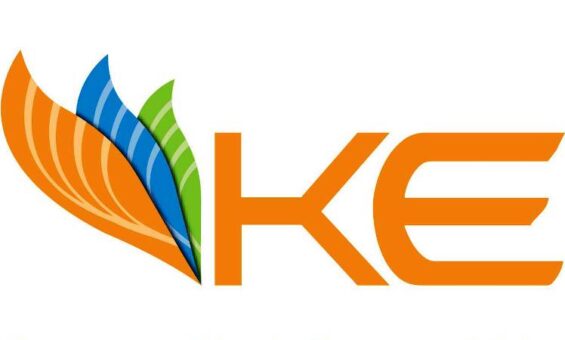Karachi, April 5, 2024 – K-Electric, the prominent electricity utility distribution and generation company, has revealed its ambitious plan to augment the power supply by incorporating 640 megawatts of electricity from cost-effective solar and wind resources.
Syed Moonis Abdullah Alvi, the Chief Executive Officer (CEO) of K-Electric, disclosed this strategic initiative during discussions with a delegation from the Council of Energy and Economic Journalists (CEEJ). Alvi emphasized that leveraging solar and wind power would notably reduce the production cost of electricity, aligning with sustainability objectives.
Highlighting the progress, Alvi mentioned that twelve companies from Europe, China, and the Middle East have submitted bids for investment in solar and wind power projects, contributing to the envisioned 640 MW capacity expansion. These alternative energy projects are slated to be situated in strategic locations such as Hub, Othal, Bela, and Sarjani Town of Karachi. The total investment in these projects amounts to an impressive $450 million.
However, amidst these advancements, Alvi acknowledged challenges related to line losses, leading to a reduction in the exempted area from load shedding. Previously, 80% of Karachi was exempted from load shedding, which has now decreased to 72% due to line losses. To address this issue, a 60-day timeline has been set for the resolution of outstanding dues, aiming to mitigate disruptions in power supply.
In parallel, K-Electric has initiated the installation of smart meters in Karachi, starting with an initial deployment of ten thousand units. Alvi revealed that a pilot project for Smart Meters is currently underway, with plans for further expansion based on the results. He noted that while the current cost of a Smart Meter ranges from forty to forty-five thousand rupees, bulk orders could influence pricing dynamics. Moreover, the installation of smart meters on all Power Management Terminals (PMTs) across the city is underway, enabling real-time data collection on electricity consumption every fifteen minutes from approximately 29 thousand PMTs.
The integration of renewable energy sources and the deployment of smart metering technology underscore K-Electric’s commitment to enhancing efficiency, reducing costs, and ensuring reliable power supply for Karachi’s residents. These initiatives reflect the utility’s proactive approach towards sustainability and innovation in the evolving energy landscape.
